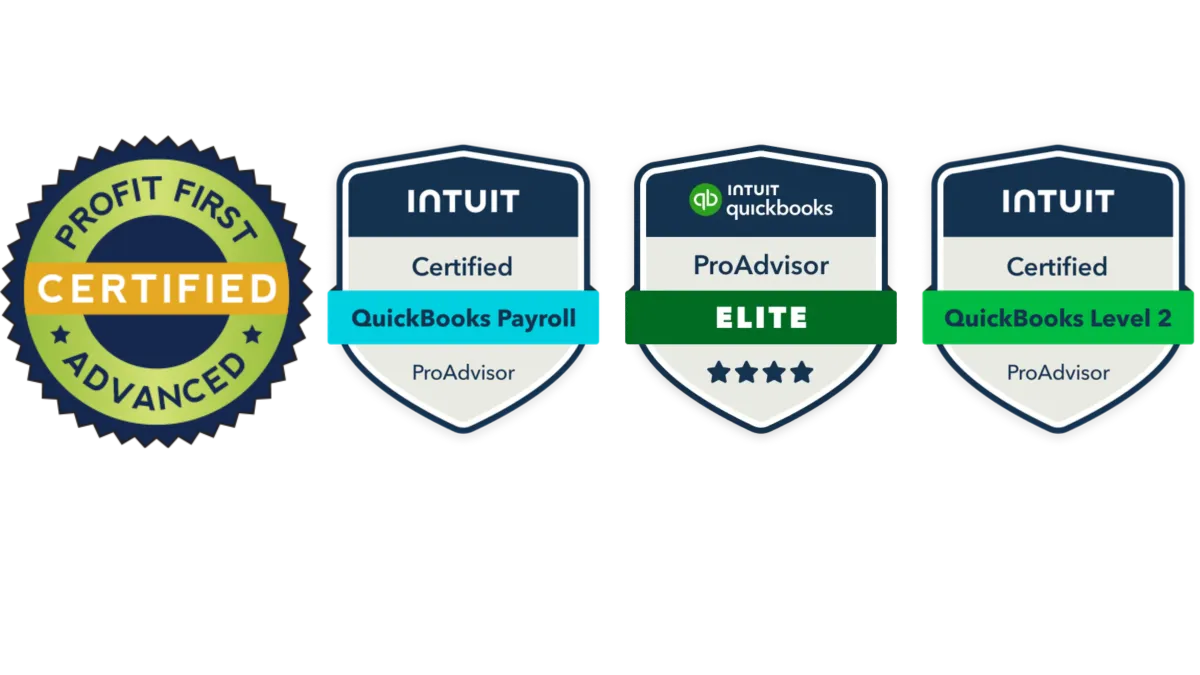Blog
Resources and Information to Help Your Business

Unlock the Power of Job Costing for Your Business
As a contractor, understanding where your money is going on each project is crucial for maintaining profitability and ensuring the success of your business. This is where job costing comes in. Job costing is a powerful tool that can transform the way you manage your projects and finances. Let’s dive into the benefits of job costing and how it can take your business to the next level.

1. Precise Budgeting
One of the primary advantages of job costing is the ability to track every dollar spent on labor, materials, and overhead for each job. By breaking down costs to the granular level, you can create precise budgets and ensure that you stick to them. This detailed tracking helps you avoid unexpected costs and keeps your projects financially on track.
2. Increased Profitability
Job costing allows you to identify which projects are the most profitable by analyzing costs and revenues in detail. By understanding which jobs bring in the most profit, you can focus your efforts on similar projects and maximize your bottom line. This insight is invaluable for strategic planning and long-term business growth.
3. Better Bidding
Accurate bidding is essential for winning contracts without sacrificing profitability. Job costing provides historical cost data that you can use to create more accurate and competitive bids. With this information, you can confidently submit bids that cover all your expenses while remaining attractive to potential clients.
4. Enhanced Decision Making
Detailed cost information from job costing empowers you to make informed decisions about resource allocation, staffing, and scheduling. By understanding the true cost of each aspect of your projects, you can optimize your operations and make strategic choices that benefit your business.
5. Improved Cash Flow Management
Cash flow is the lifeblood of any business, and job costing helps you monitor your expenses and revenues in real-time. With a clear picture of your cash flow, you can ensure that you have the funds needed to keep your projects running smoothly. This proactive management helps you avoid cash flow crunches and maintain financial stability.
How to Implement Job Costing
Implementing job costing in your business involves several key steps:
Set Up Detailed Accounts: Create detailed accounts for labor, materials, and overhead. Break down these accounts into specific categories that reflect your project needs.
Track Costs Accurately: Use software or spreadsheets to track costs as they occur. Ensure that every expense is allocated to the correct job and category.
Analyze Data Regularly: Regularly review and analyze your job costing data. Look for trends, identify profitable projects, and adjust your strategies accordingly.
Adjust Budgets and Bids: Use the insights gained from job costing to refine your budgets and bids. Ensure that your estimates are as accurate as possible to maintain profitability.
Conclusion
Job costing is more than just a financial tracking tool; it’s a strategic asset that can lead to smarter spending, higher profits, and greater control over your projects. By implementing job costing, you can unlock the full potential of your business and ensure long-term success. Ready to see the difference job costing can make? Start today and take your business to new heights.
Partner With Us Today!
Schedule a 30 minute, no cost, no commitment consultation today. Let's see if it makes sense to work together.
DISCOVER the 10 BIGGEST Financial Mistakes Contractors Make and What You Can Do to Fix Them Today
2023 All Rights Reserved.



